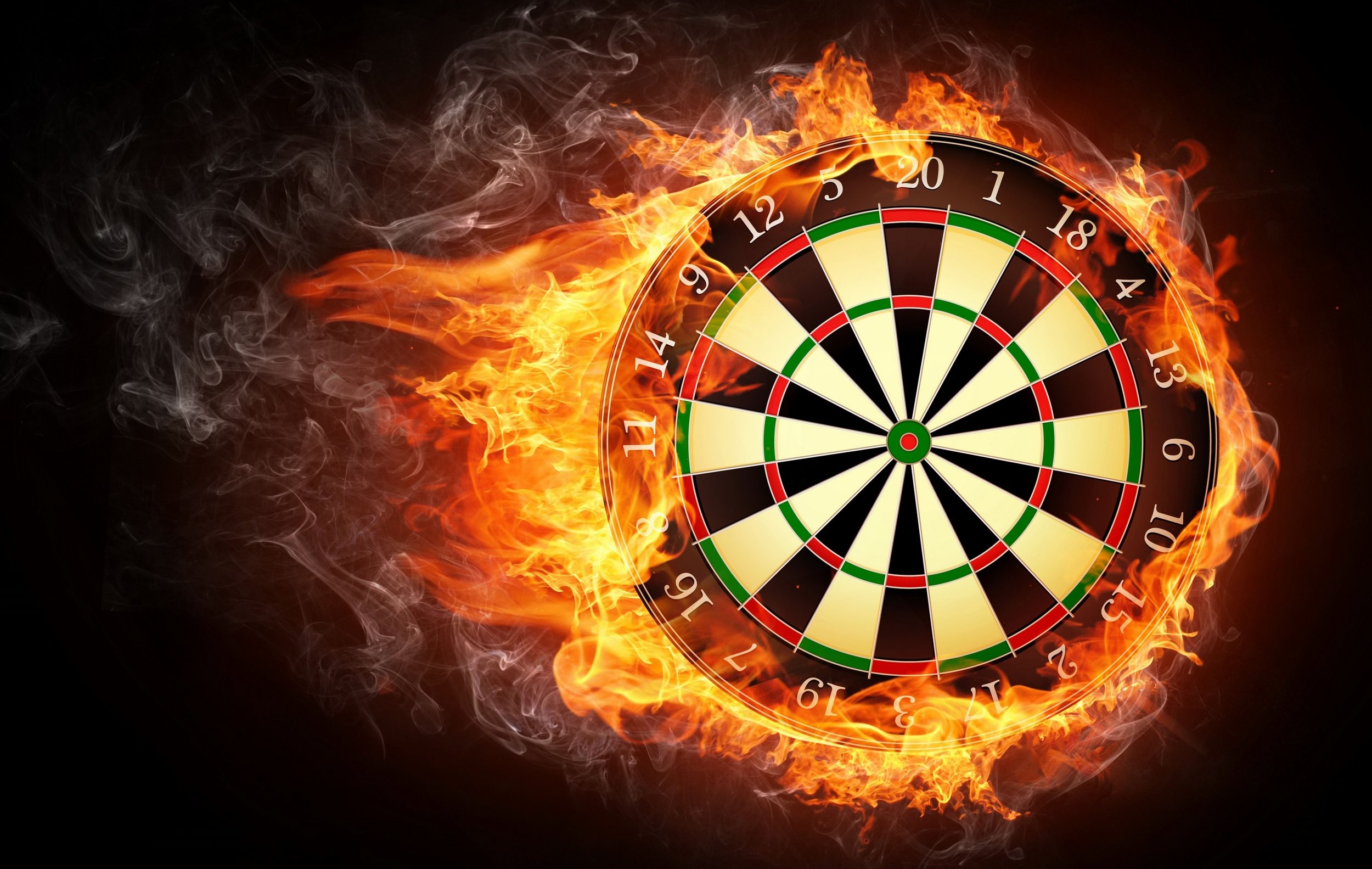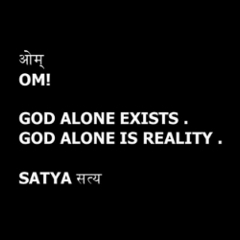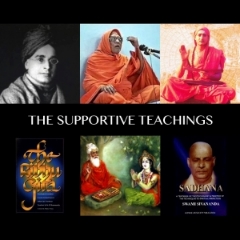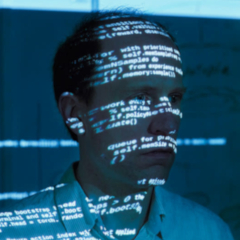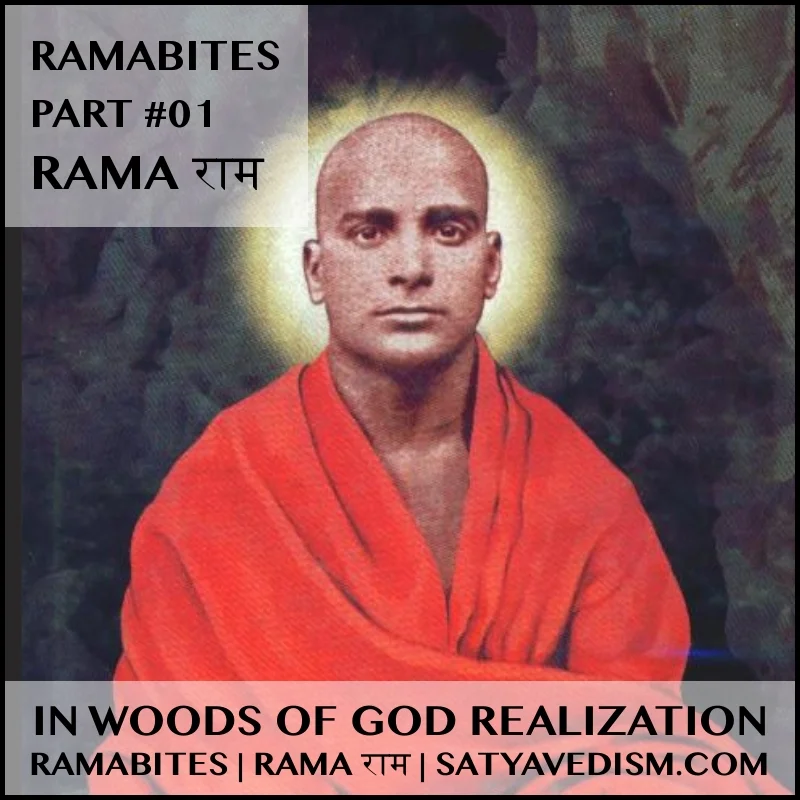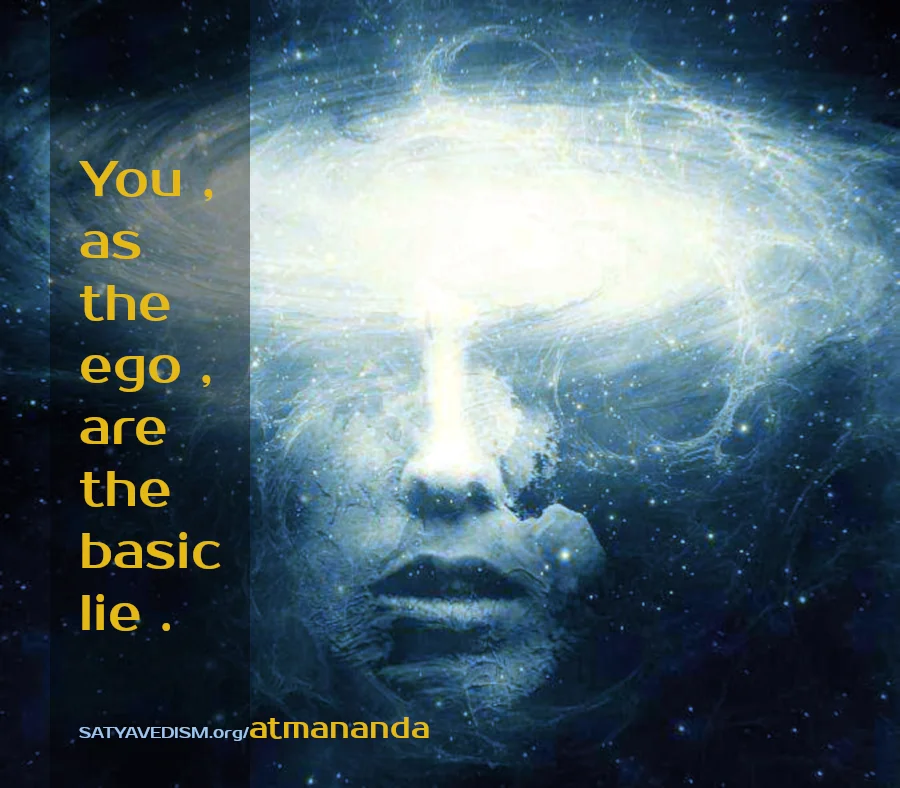TSRM | V.I | T.57+95 | TEMPORARY OR PERMANENT
| | homeTSRM | VOL I | TALK 95+57 | SRI RAMANA MAHARSHI
|| < : TEMPORARY OR PERMANENT REALIZATION : > ||
QUESTIONER : Having once experienced the Supreme Bliss , how can one stray away from it ?
MAHARAJ : Oh YES ! It happens . The predisposition adhering to one from time immemorial will draw one out and so Ignorance overtakes one .
QUESTIONER : What are the obstacles to remaining steady in unbroken Bliss? How can they be overcome ?
MAHARAJ : The obstacles are :
1 . Ignorance which is forgetfulness of one's pure being .
2 . Doubt which consists in wondering if even the experience was of the Real or of the unreal .
3 . Error which consists in the " I AM THE BODY " idea , and thinking that the World is real . These are overcome by hearing the Truth , reflection on it , and concentration .
Experience is said to be TEMPORARY OR PERMANENT .
The first experience is temporary and by concentration it can become permanent .
In the former the bondage is not completely destroyed ; it remains subtle and REASSERTS itself in due course .
But in the latter it is DESTROYED root and branch , NEVER to appear again .
The expression yogabhrashta ( those who have FALLEN DOWN from yoga ) in Srimad Bhagavad Gita refers to the former class .
QUESTIONER : Is then hearing the Truth meant only for a limited few ?
MAHARAJ : It is of two kinds . The ordinary one is to hear it enunciated and explained by a master .
However , the right one is to raise the question for oneself and seek and find the answer in oneself as the unbroken " I-I " .
To be reflecting on this experience is the second stage .
To remain one-pointed in it is the third stage .
QUESTIONER : Can the temporary experience be called SAMADHI ?
MAHARAJ : NO . It forms part of the third stage .
QUESTIONER : It looks then as if even hearing the Truth is limited to a very few .
MAHARAJ : The seekers fall into two classes ; kritopasaka and akritopasaka .
The former having already overcome predisposition by steady devotion , the mind thus made pure , has had some kind of experience but does not comprehend it ; as soon as one is instructed by a competent master , permanent experience results .
The other class of seeker needs great effort to achieve this end .
How will the hearing of the Truth , reflection and concentration help ? They comprise upasana ( the nearest approach to Truth ) and will end in Self-Realization .
The fourth stage is the final one of liberation .
Some people think that there are different stages in jnana .
The Self is nitya aparoksha , ie , ever-realised , knowingly or unknowingly .
Sravana ( hearing the Truth ) , they argue , should therefore be aparoksha jnana ( directly experienced ) and not paroksha jnana ( indirect knowledge ) .
But jnana should result in duhkha nivriti ( loss of misery ) , whereas sravana alone does not bring it about .
Therefore they say , though aparoksha ( direct , immediate ) , it is not unshaken ; the rising of vasanas ( predisposition , latent tendencies , impressions , mental habits ) is the cause of its being weak ( not unchanging ) ; when the vasanas are removed , jnana becomes unshaken and bears fruit .
Others say sravana is only paroksha jnana .
By manana ( reflection ) it becomes aparoksha spasmodically .
The obstruction to its continuity is the vasanas : they rise up with reinforced vigour after manana . They must be held in check .
Such vigilance consists in remembering — " I AM NOT THE BODY " and adhering to the aparoksha anubhava ( direct experience ) which has been had in course of manana ( reflection ) .
Such practice is called NIDIDHYASANA and eradicates the vasanas .
Then dawns the sahaja state . That is jnana , sure .
The aparoksha in manana cannot effect dukha nivritti ( loss of misery ) and cannot amount to moksha , ie , release from bondage because the vasanas periodically overpower the jnana .
Hence it is adridha ( weak ) and becomes firm after the vasanas have been eradicated by NIDIDHYASANA ( ONE-POINTEDNESS ) .
SOURCE | SATYAVEDISM.ORG

